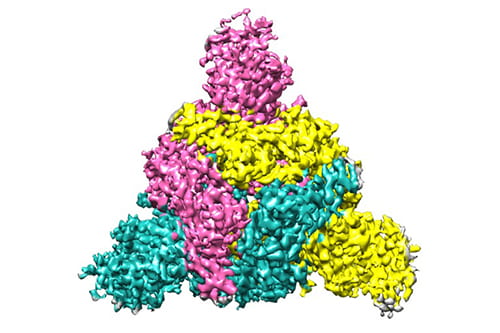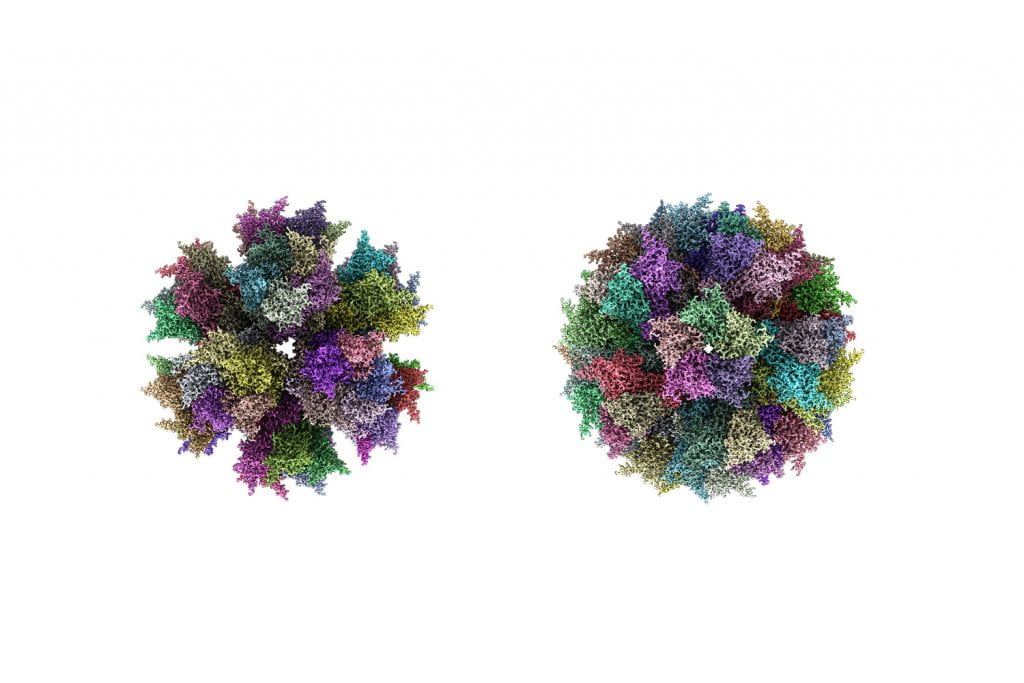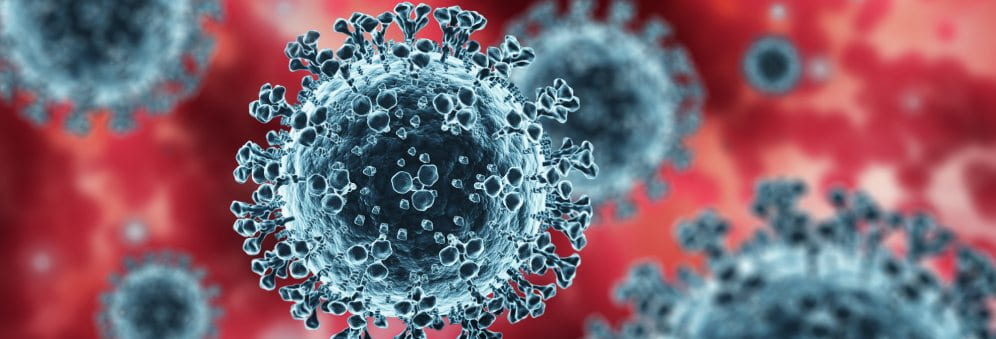JDRF and Diabetes UK will co-fund Professor Kathleen Gillespie, at the University of Bristol, to find out why the risk of death from Covid-19 is higher in those who are type 1 diabetic. Scientists don’t know how many people with type 1 have had coronavirus and recovered, obscuring the full impact that the virus is having on the UK’s 400,000 people with type 1.
Professor Gillespie’s team will work with a research group in Milan that has developed a test that can detect coronavirus antibodies in a small sample of blood – small enough to be collected via post. By offering this test to around 5,000 people participating in ongoing studies of type 1 diabetes (the Bart’s Oxford study and UK TrialNet), Professor Gillespie will be able to estimate how many people contracted coronavirus. She will also ask participants to share their experiences of COVID-19 and lockdown – including whether they have been shielding, if they have had any COVID-19 symptoms, and how their blood glucose levels have reacted. With this information, Professor Gillespie will be able to see how the type 1 diabetes community has been hit by COVID-19. This will give scientists and clinicians a clearer idea of the risk that coronavirus poses to people with type 1, enabling healthcare teams to better support and protect people with the condition.
https://youtu.be/4cp0tK4oi8I





